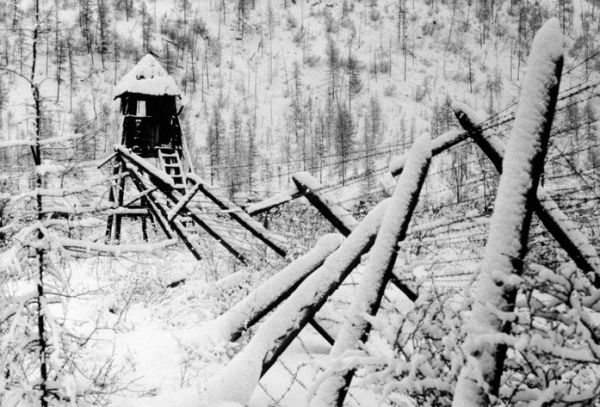The first mass deportation of Lithuanian citizens to remote locations in the Soviet Union began on the night of June 14 in 1941.
The story of Lithuanian Jews deported has not been told. This untold story is the title of Dr. Violeta Davoliūtė’s lecture on Jewish exiles. The Soviet deportations in Lithuania in 1941 affected people of all ethnicities, including Lithuanian citizens of Jewish origin. Merchants, servants, industrialists and other Jews branded enemies of the Soviet regime were deported with their families to remote regions of the Soviet Union and imprisoned in gualgs and prisons. This aspect of the history of the deportation has not been widely studied and remains little known to the Lithuanian public. How did Lithuanian Jews survive deportation? How did the different ethnic groups get along in exile? How did deported Lithuanian Jews feel when they returned to their country, Lithuania, and were unable to find families and communities destroyed by the Holocaust?
What is the story of Jewish immigration from Lithuania to Israel and what is their relation to Lithuania today? Cultural historian Dr. Violeta Davoliūtė is examining these topics using new research material from Israel, Lithuania and Great Britain.
The Jewish deportation is not known and has not been researched in Lithuania and other countries. On the contrary, the myth spread by the Nazis that Jews deported Lithuanians, that the Jew is a Bolshevik deporter, has been current for decades. This myth was never deconstructed during the Soviet period. Jewish deportation during the Soviet era was called paradise, compared with the Holocaust. Among Jews the Holocaust has been emphasized more than the deportations. On June 14, 1941, 2,613 Jews were deported from Lithuania.
Jewish deportees have only told their stories to their children and grandchildren, and these testimonies were later put to paper in memoirs. Now we are able to speak of the return of the memory of the Jewish exile.
The urban elite were deported in 1941, rich and educated Jews and Lithuanians. Most Jews spoke Lithuanian because they attended Lithuanian schools. Jewish deportees had a unique experience of the exile, but the tragedy of the Holocaust provided additional aspects to their return to and integration in Lithuania following deportation. For the absolute majority their return was temporary, because they left for Israel.
Dr. Violeta Davoliūtė says the history of Jewish deportations is cosmopolitan because they in their retellings of it emphasize the peaceful and intimate ties between Lithuanian deportees of different ethnicities, demonstrating the rather modern and secular stratum to which the deportees belonged as a part of the interwar Lithuanian elite.
Dr. Davoliūtė defended her dissertation on the historical representation of the Holocaust and the gulag in Europe at the University of Toronto and has worked in academia in Canada, the USA and Lithuania. Her main academic focus has been historical trauma and memory in Europe, the politics of identity, cultural elites in the Soviet and post-Soviet eras and forced expulsions and their effects on culture and society. Currently she is conducting academic work at Vilnius University and the Lithuanian Institute of Cultural Studies. From the fall of 2015 she will be a visiting scholar at the Whitney and Betty MacMillan Center for International and Area Studies at Yale in the United States. She is an academic expert for the European Commission (EACEA).



